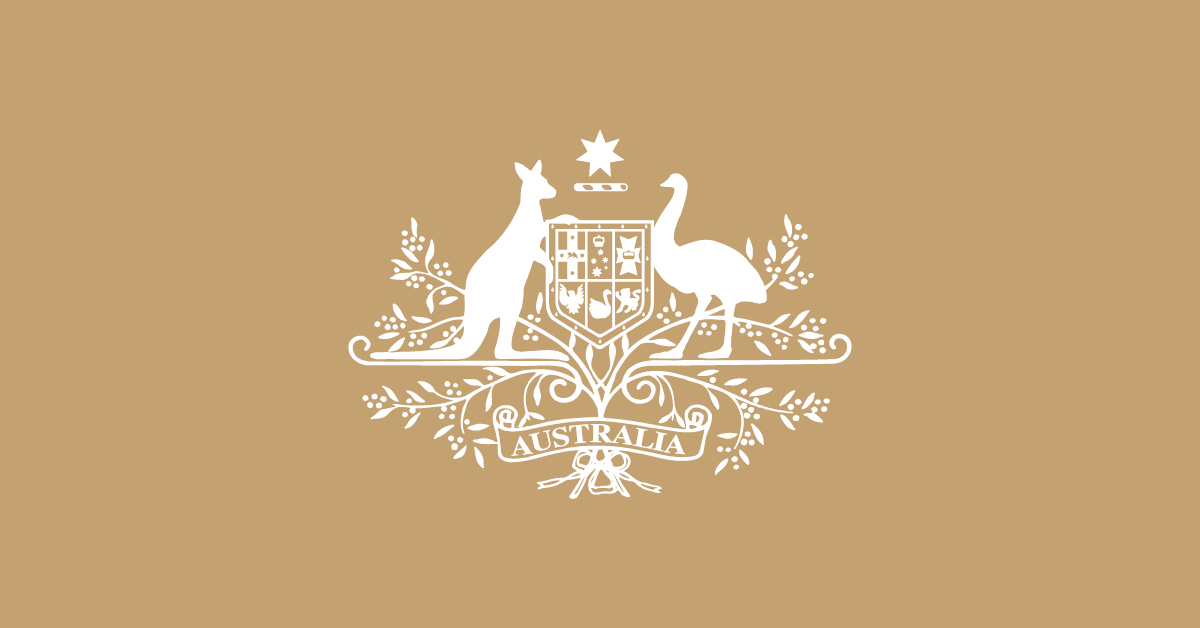
Senator the Hon Anthony Chisholm
Interview – Sky News Regional Breakfast
RHIANNON ELSTON [HOST]: Welcome back. The Federal Government has announced ten new Regional University Study Hubs to support students living outside of major cities. For more on this, I’m joined by Senator Anthony Chisholm, Assistant Minister for Education. Good morning to you. Where will the new hubs be?
ANTHONY CHISHOLM [ASSISTANT MINISTER]: They’ll be spread out around all the states and including the Northern Territory as well, Rhiannon. So, that adds to the already existing 34 that are in operation. So, the additional ten which were part of the Universities Accord process, and they’ll start to make a fantastic contribution to those regional communities. So, they’re as far north as Innisfail in my home state, and down to King Island in Tasmania. So, it shows you the breadth of opportunity that will provided by these centres.
ELSTON: Yeah. And adding to 34 existing hubs, as you just mentioned. So, how do they work and how do they help those from remote and regional areas achieve the goal of going to university?
CHISHOLM: So, the 34 existing hubs, there’s already 4000 students studying at those and they’re studying at institutions right across the country. And what it means, and this is not necessarily just for a younger person, I’ve been to some of these hubs and met some mature age students as well and it just means that they can study and not have to move away from home. And that’s really important. One, because they maintain their sort of family and social connection, but it also means that if you study in a regional location, you’re much more likely to stay there longer term and work there. So, if you think about the nurses, the teachers that are going to be doing this, they’re much more likely to then go on and work in those communities. And as we know, across the country and regional areas, there’s a critical shortage in many skills, but particularly nurses and teachers. So, this is really encouraging that the thought that in some of these places, the next nurse and teacher is already there, they’re just going to get that opportunity to study at these hubs.
ELSTON: Well, opening more hubs is obviously a sign the government thinks they’re working.
CHISHOLM: That’s right and that’s the analysis that’s been done by the Department. That’s why it was a recommendation of the Interim Universities Accord process. So, we announced that we’d support 20 additional. This is the first ten that have been announced yesterday and we also said as part of the Accord process that we’d established 14 in suburban areas as well. So, I’m anticipating that those opportunities will open soon and it’s about giving more people more of an opportunity to study, but providing that support for them as well, because it can be quite daunting for people, particularly if you’re first in family and don’t have an association with higher education. These hubs provide ongoing support, mentoring and really give people the encouragement that they can do this and really achieve their goals in life, which is fantastic.
ELSTON: Well, location is one barrier to higher education, but another massive one is cost. It’s getting increasingly more expensive to go to university. Surely the cost is the biggest barrier?
CHISHOLM: No doubt that is a challenge for many people. I think one of the benefits of the regional hubs is that they don’t necessarily have to move away from home, so that obviously cuts down on costs. It might mean that you can continue to live with family or you might have an existing arrangement. So, I think that’s important. But we also acknowledge that cost is significant. That’s why it was part of the Universities Accord process. We’ve obviously got to respond to that, some of that will be in the budget, but we understand that ensuring higher education is affordable and accessible is an important part of people being able to attain that further education. And we want to be a government that ensures that that remains the case.
ELSTON: Does the government plan to do anything about the size of HECS and HELP debts which have ballooned in the last year or so?
CHISHOLM: Certainly, and that’s something that we’re considering as part of the Accord process, the cost of a degree. We don’t want that to be prohibitive. That’s what the previous government did, we don’t want to go down that path. We want to ensure that people are able to make the choices that are going to benefit their long-term future. The government will respond to that in the budget process. There’s a lot to do in higher education, we’re not going to be able to do it all in this first budget. But what we’ve set out is a long-term trajectory on what we think will increase access and participation, giving more people an opportunity, and at the end of the day, it’s the country that will benefit from that the most.
ELSTON: What about the indexation rate? We’ve seen that rise to 7.1%. That gets raised a lot when people talk about the size of their debts. Does the government plan to do anything about that?
CHISHOLM: We understand that is challenging for many people, but you’ve got to look at the invention of HECS and the change it’s made in terms of giving people the ability to go to university. I know myself, I wouldn’t have been able to go to university if it wasn’t for the scheme that was in place at the time. But again, it’s something that we need to look at to ensure that it remains affordable. But we need to acknowledge that it has made such a significant difference in enabling more people from different backgrounds to go to university. But if there’s changes that can be made to improve it, obviously we need to look at those and the long-term affordability. Giving people an option to attend university is absolutely vital.
ELSTON: Okay. Senator Anthony Chisholm, thanks for your time.
CHISHOLM: Thanks, Rhiannon.


